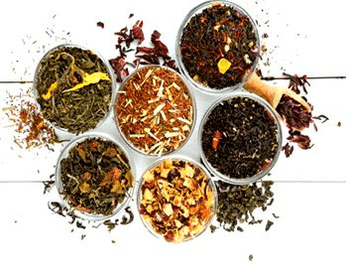EVALUATION OF THE SLIMMING EFFECTS OF DIET TEA IN BIOCHEMICAL AND MOLECULAR MEANING
Keywords:
Herbal, obesity, slimming, tea, weight-lossAbstract
The replacement of consumed with foods containing high carbohydrates, fats and proteins exceed that the daily needs of body, causes many health problems, especially obesity. Complicated health problems have been trying to be solved with drugs, but it is not possible to control diseases if obesity is not resolved. Obesity causes inflammation, insulin resistance, vascular endothelial dysfunction, and Low-Density Lipoprotein (LDL) increase. There are very few weight loss drugs with acceptable side effects, and these drugs are not given to people who are not considered obese according to their body mass index. For this reason, people seek the remedy in over the counter (OTC) (mostly products with active ingredients derived from plants) products or herbal teas. These products, which do not have direct effects, have mechanisms that can help and can be supportive with diet and sports. However, these products and teas that cannot be dosed by a knowledgeable healthcare professional can disrupt the balance of the body and cause various diseases. In this study, the effect levels with the mechanisms supporting weight loss on the biochemical parameters of the active substances in the herbal forms sold and consumed as diet tea, were evaluated.

Peer Review History:
Received: 4 June 2021; Revised: 9 July; Accepted: 10 August; Available online: 15 September 2021
Academic Editor: Dr. Jennifer Audu-Peter , University of Jos, Nigeria, drambia44@gmail.com
, University of Jos, Nigeria, drambia44@gmail.com
Reviewers:
Dr. Gehan Fawzy Abdel Raoof Kandeel , Pharmacognosy Department, National Research Centre, Dokki, 12622, Giza, Egypt, gehankandeel9@yahoo.com
, Pharmacognosy Department, National Research Centre, Dokki, 12622, Giza, Egypt, gehankandeel9@yahoo.com
Dr. Marwa A. A. Fayed , University of Sadat City, Egypt, maafayed@gmail.com
, University of Sadat City, Egypt, maafayed@gmail.com
Downloads

Published
How to Cite
Issue
Section

This work is licensed under a Creative Commons Attribution-NonCommercial 4.0 International License.









 .
.